Heroes (and heroines)
In our current topic on heroes, we have been learning about three important people – Malala Yousafzai, Rosa Parkes and Leonora Cohen.
Ask your child what these women have done and why they were heroines.
This week, we’ll compare Malala, Rosa and Leonora to see how they are similar and different.



Thank you to Sasha and Edris who have brought in books from home to support this topic.
Tricky teens
We have been investigating teen numbers this week. The children used Numicon, Base 10 and ten frames and cubes to represent different teen numbers.
It’s really important for the children to know that teen numbers are a ten and some ones.
“I know it’s sixteen because there’s one ten and six ones.”
Can your child read, write and order the teen numbers? Encourage them to talk about these numbers as a ten and some ones.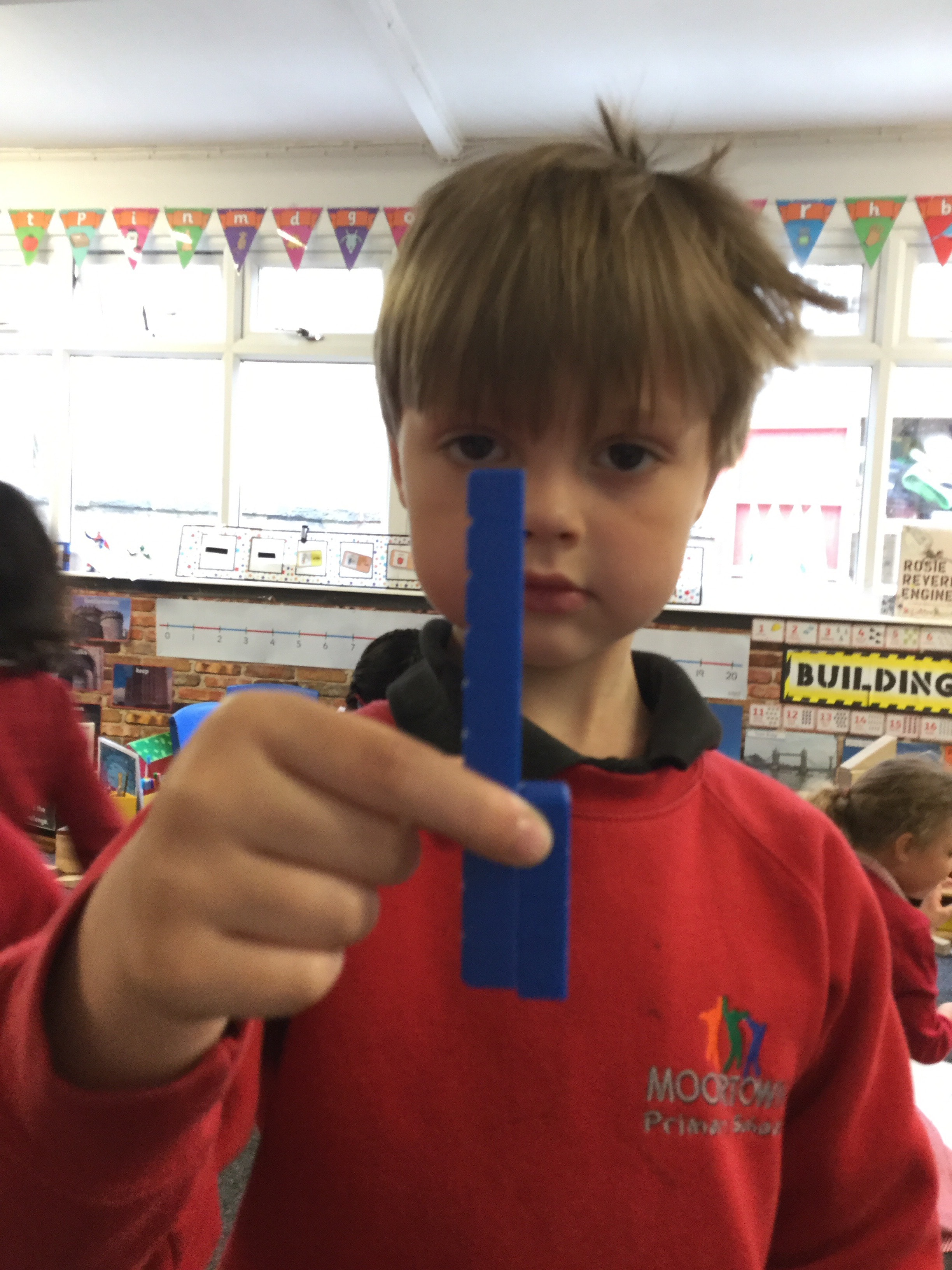
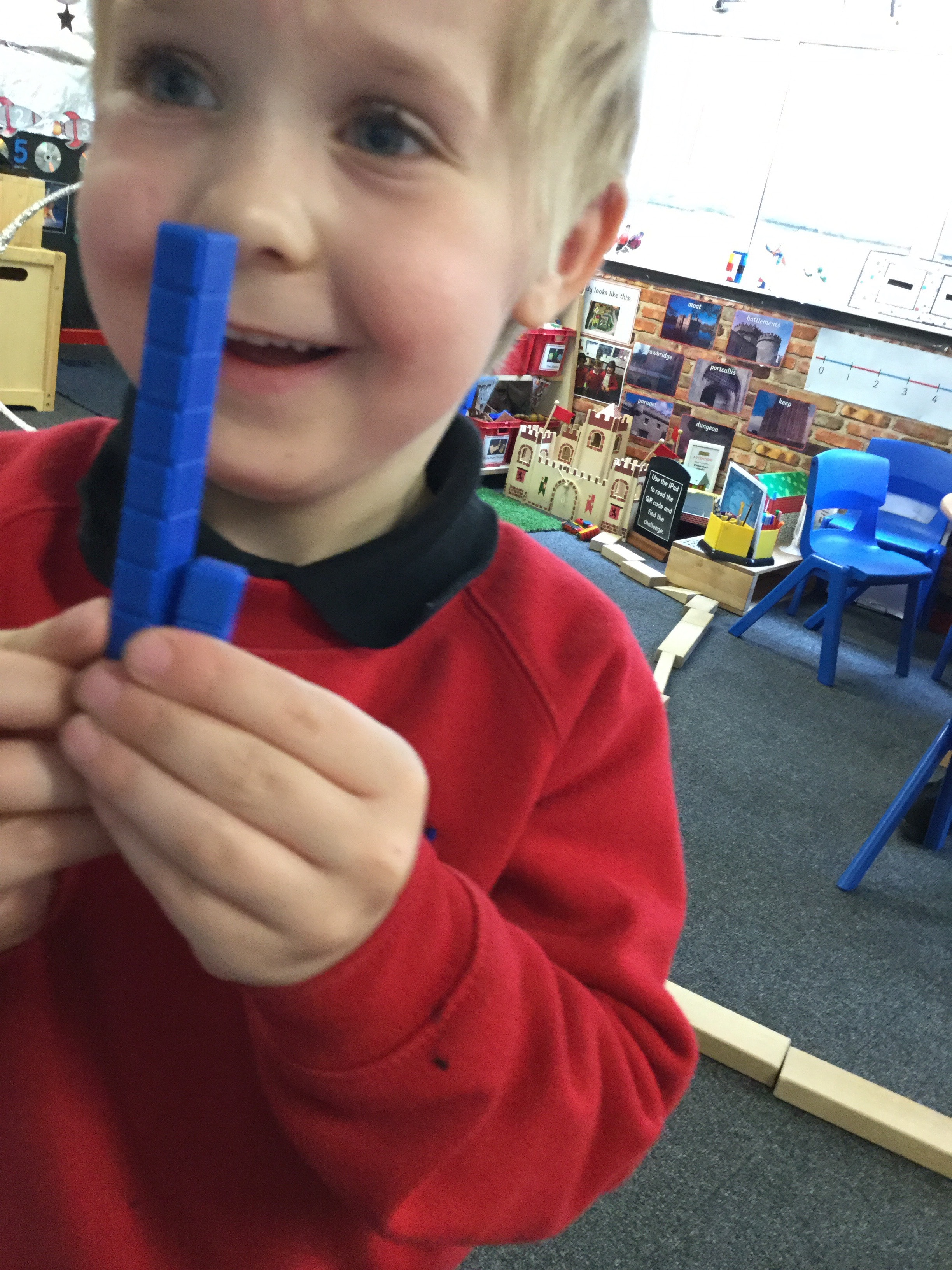
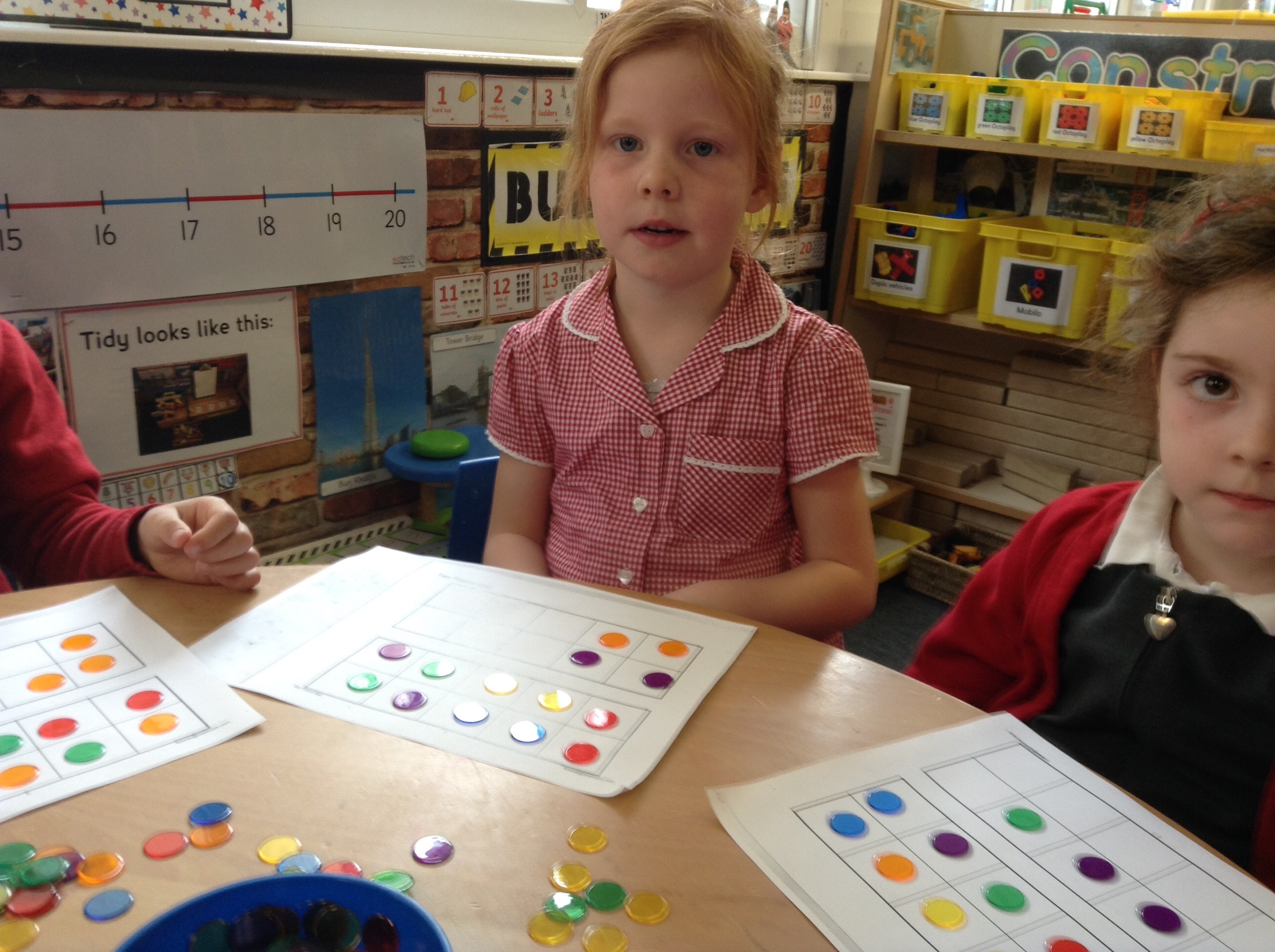
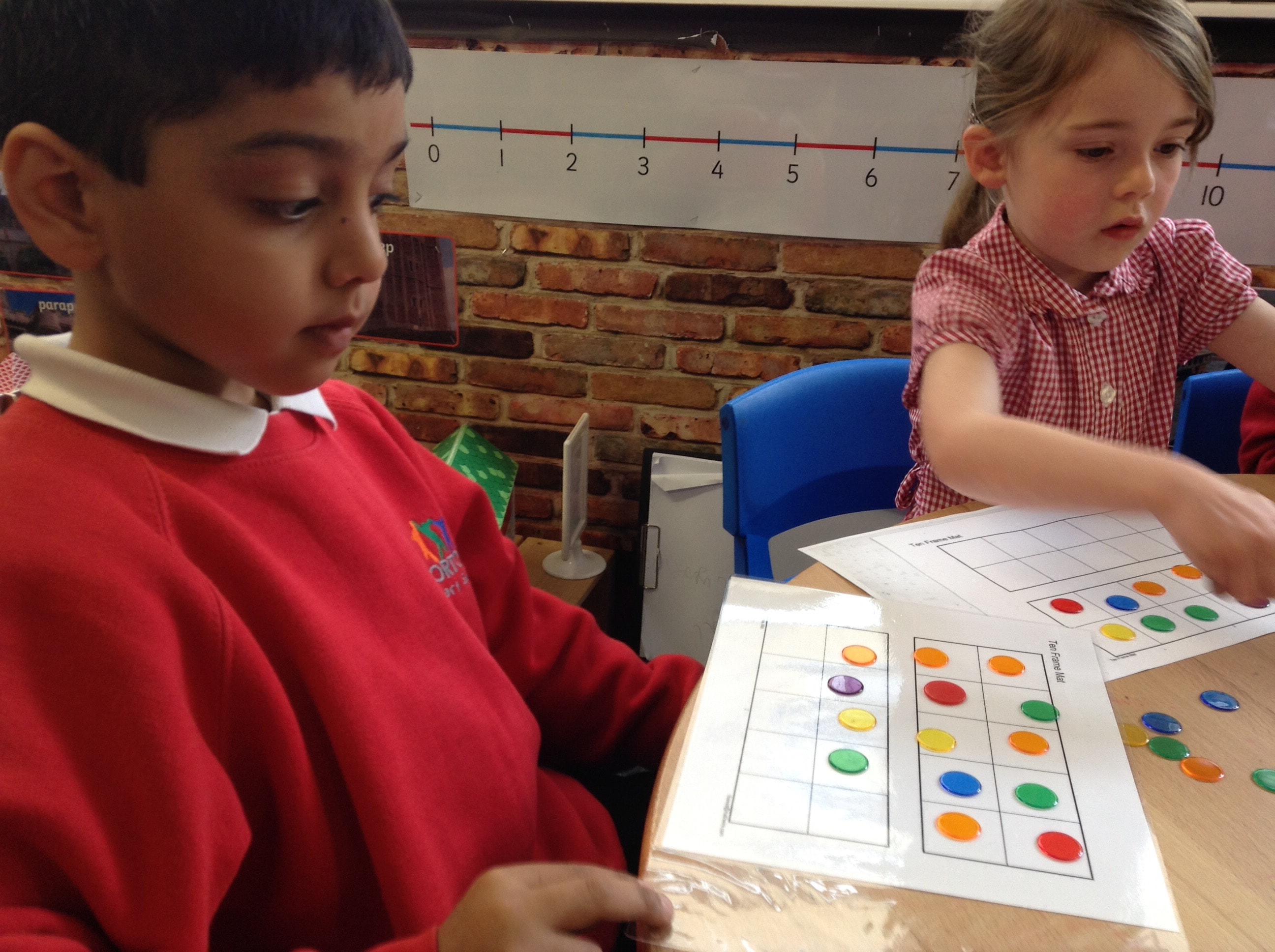
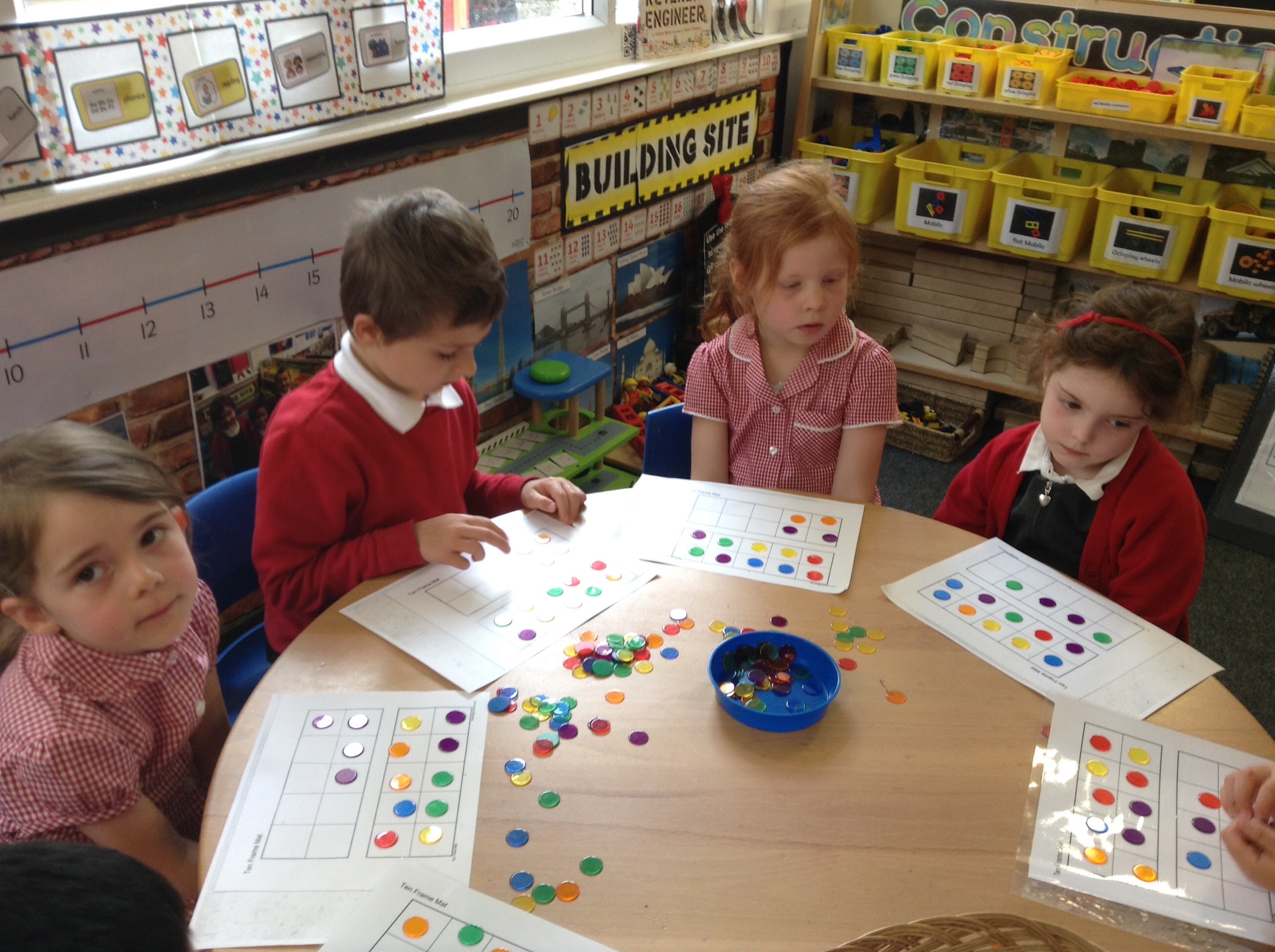
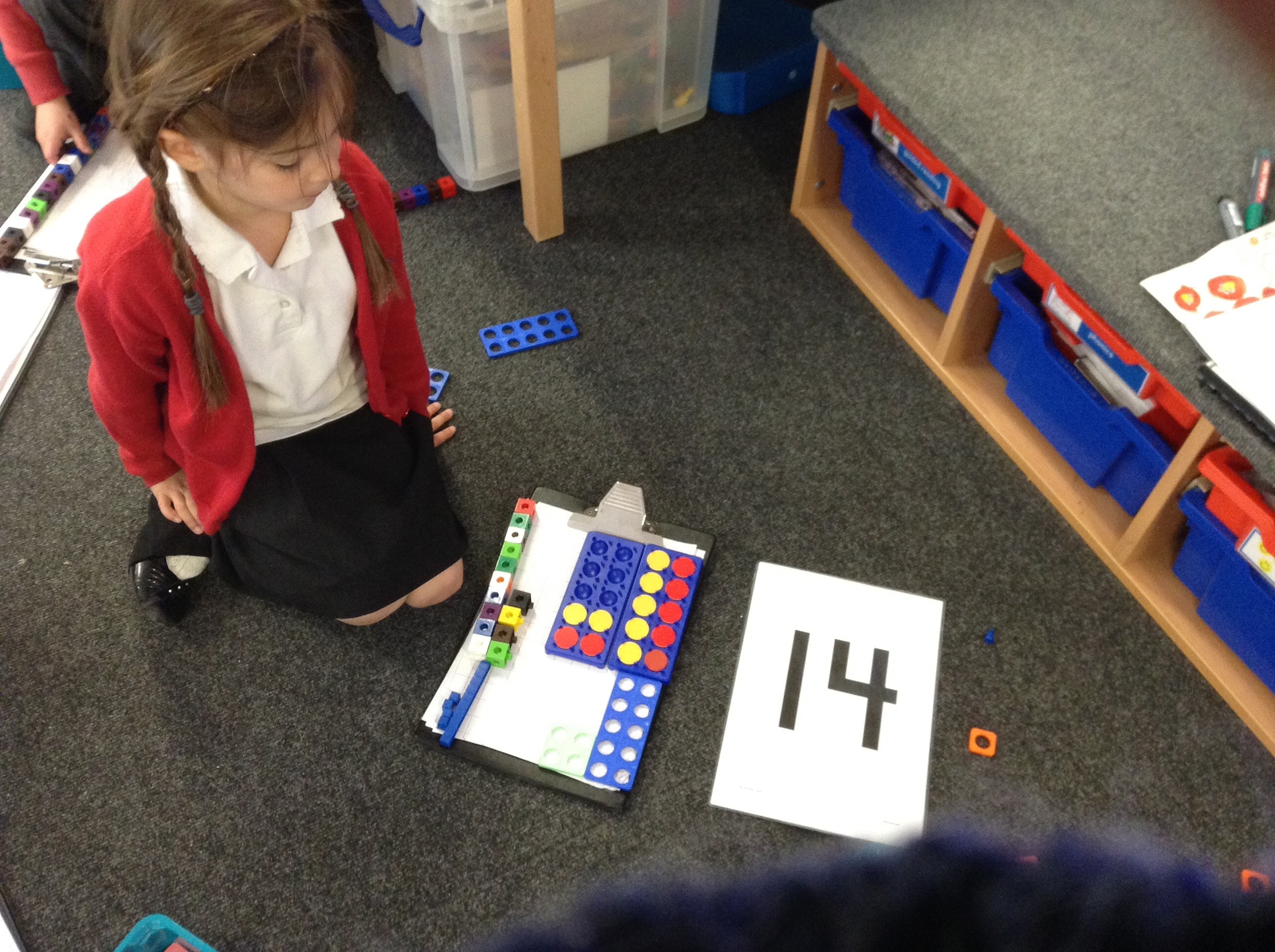

Year 2 Skipping Stars
What an active week we’ve had – cricket and skipping!
We’ve had a brilliant morning with six other primary schools at Armley Leisure Centre for the Skipping School Year 2 festival. There was some fantastic skipping on display and all children got a chance to show the skills they’ve been learning at school and at home over the past few months.
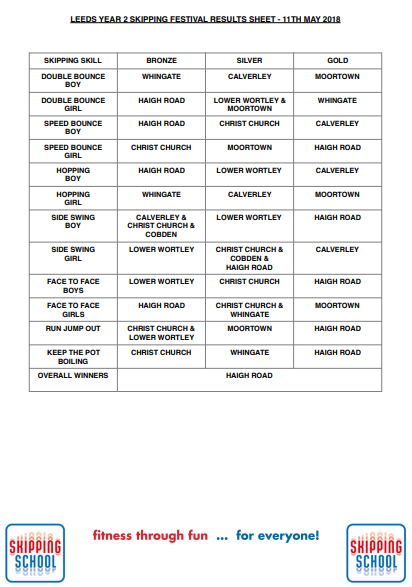




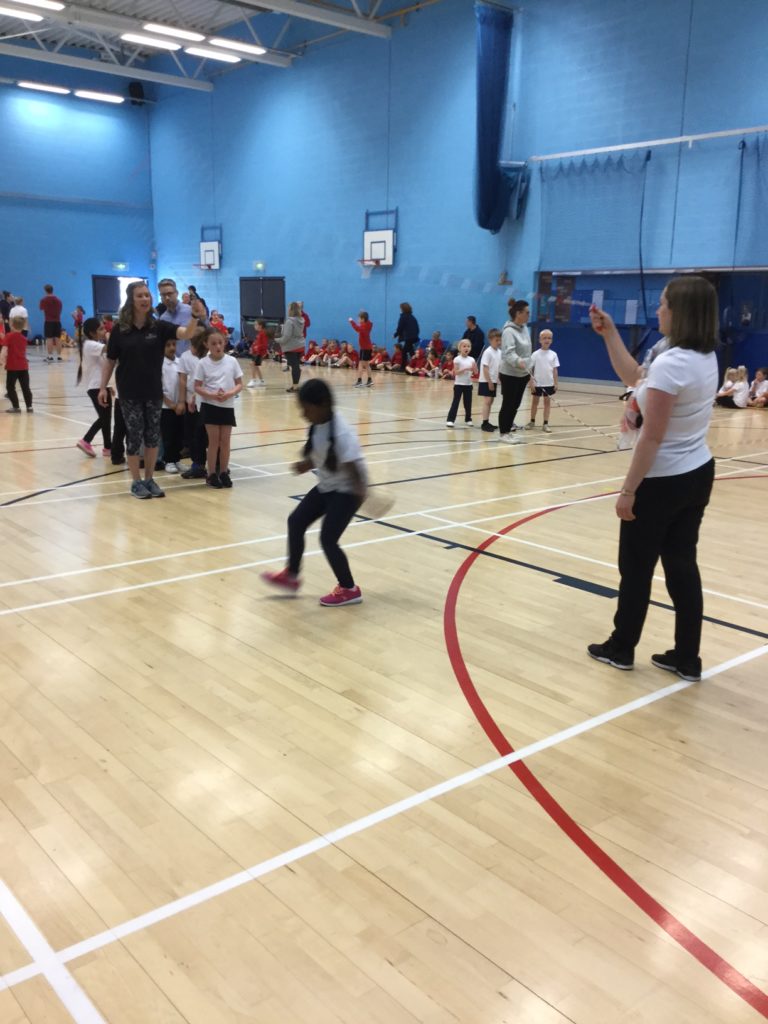
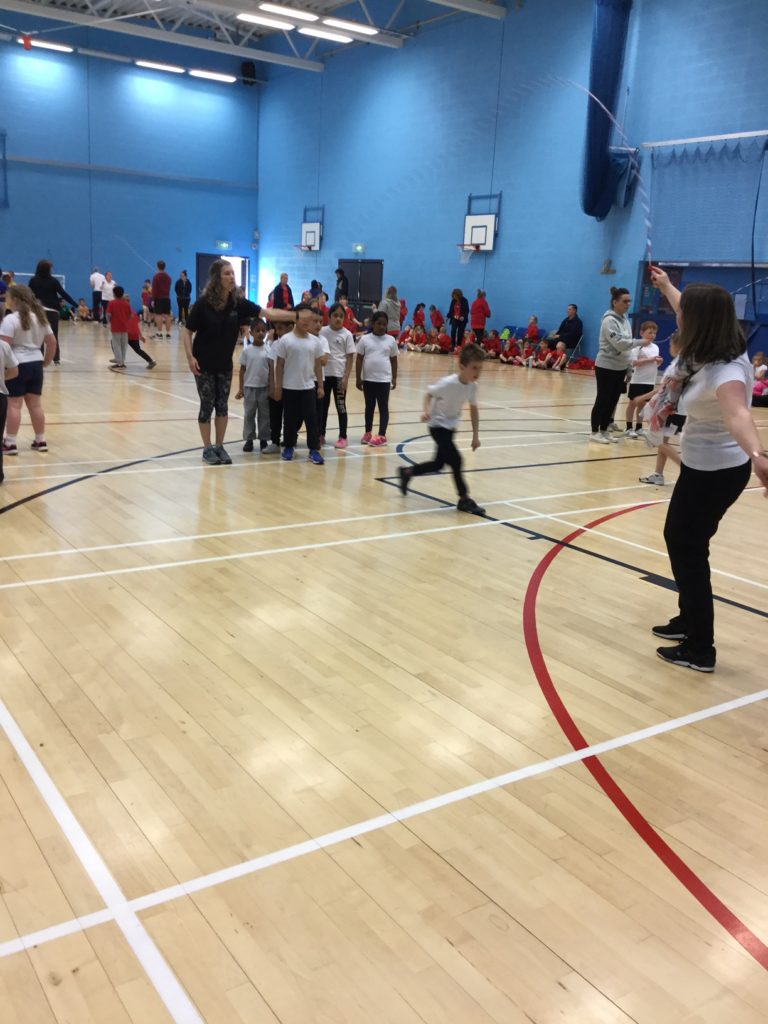
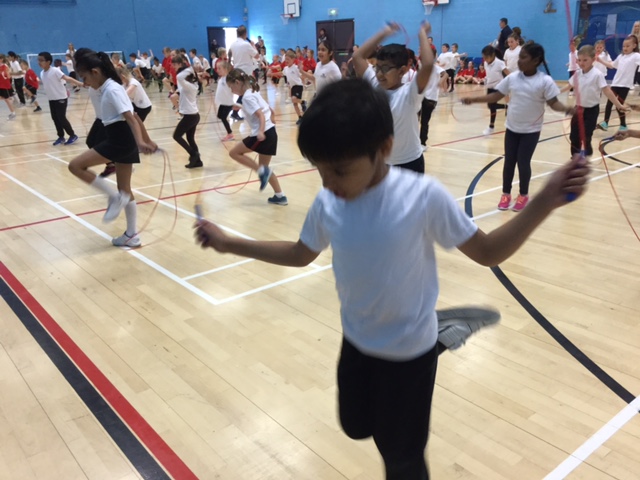















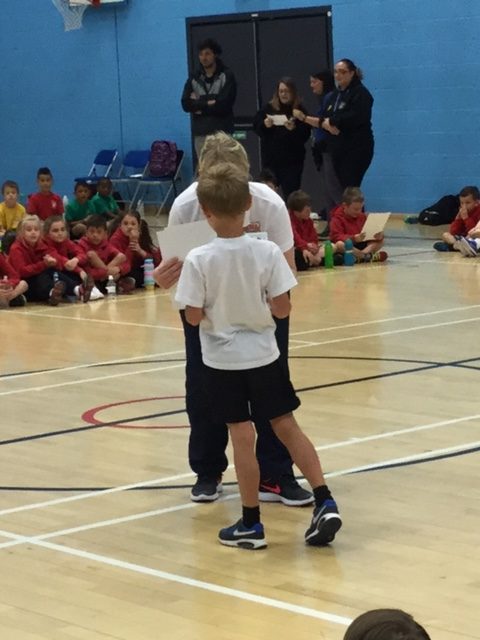

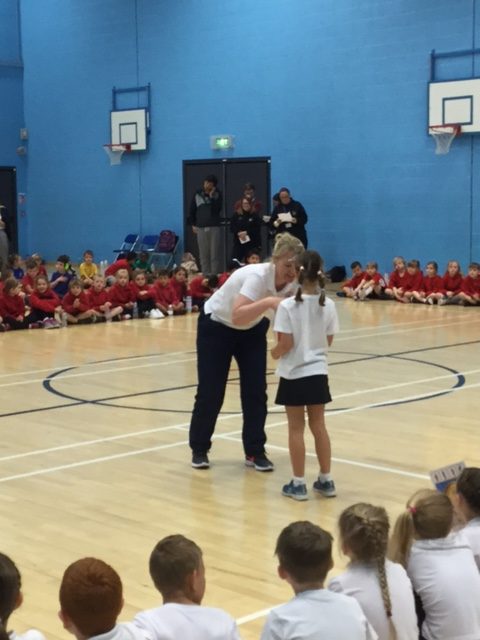
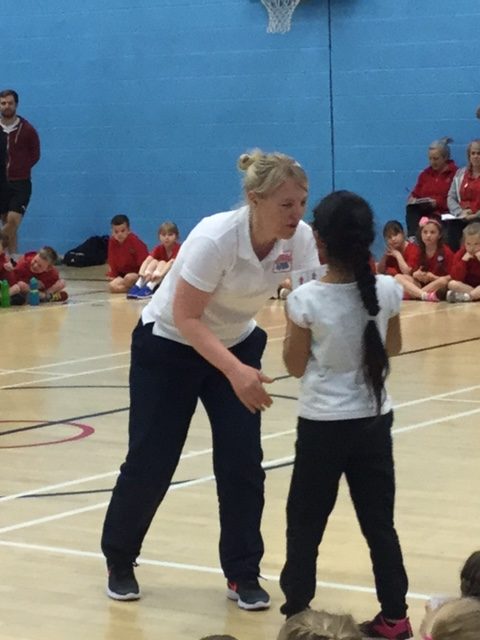


Cricket!
Earlier in the week we took part in a cricket festival. It was a lovely day. We practised lots of different skills and really enjoyed it. Here are a few action shots of the day!










Living and Learning – Mindful Breathing
Today, as part of our Living and Learning lesson, we all took part in a few mindfulness activities. Over the last few weeks, the class have been thinking about how our emotions affect us and what we can do to help us cope with different types of feelings.
We know that people can experience conflicting emotions at different times, such as times of loss and change, stress and anxiety and the children have learnt to recognise when and how to ask for help.
Alongside asking for help, Year 4 thought about some strategies to help themselves when an emotion takes over. One idea that we have experiment with is to try some mindfulness techniques.
Mindful awareness exercises help children develop concentration and self-awareness.
Today we focused on our breathing.
In this exercise, the children were guided through a process of paying attention to their breathing.
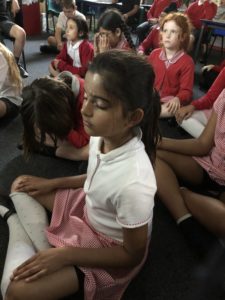
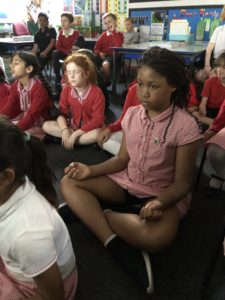
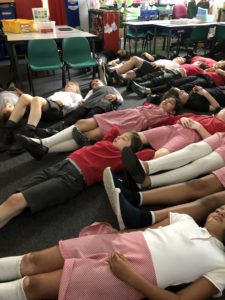
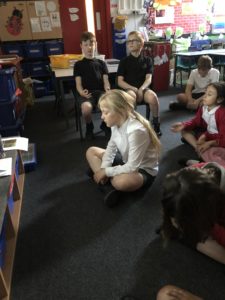
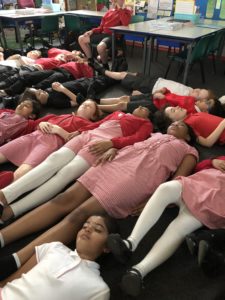
Breakfast Club
Next week, Year 6 are invited to join us for breakfast each morning at 8.30 in the space.
There’ll be toast, jam, Nutella, cereal, yoghurt, fruit, juice and crumpets (my fave) available each morning whether they’ve already had breakfast or not.
I hope to have a busy, happy and well-rested room full of children on Monday morning.
Marvellous machines!
This morning, we learnt about machines and how they work. The children were asked what a machine was. One child said, “It’s like a robot and you tell it what to do.” We discussed the differences between humans and machines. Bee-Bots were programmed, photos were taken and printed and QR codes were read!

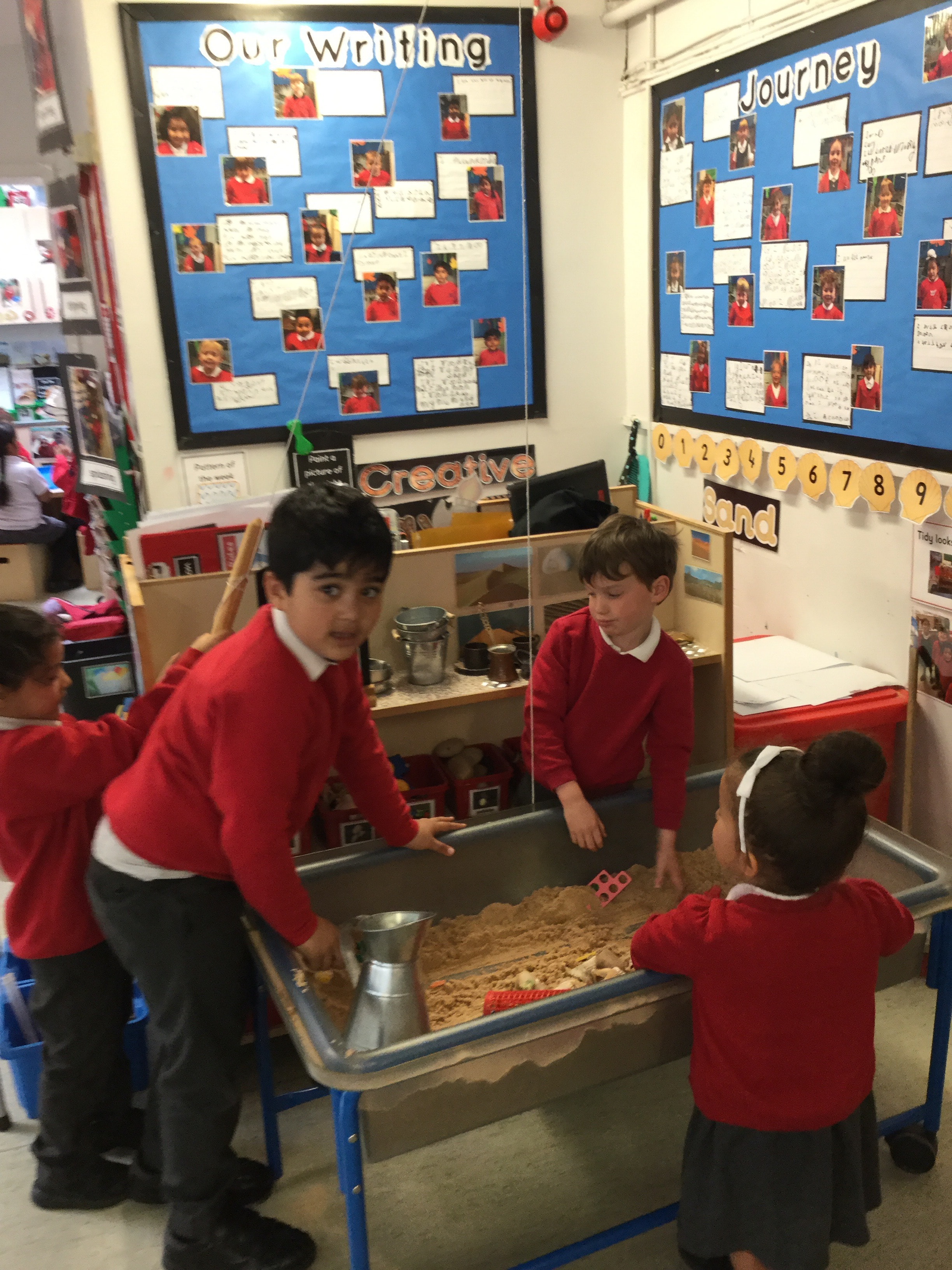
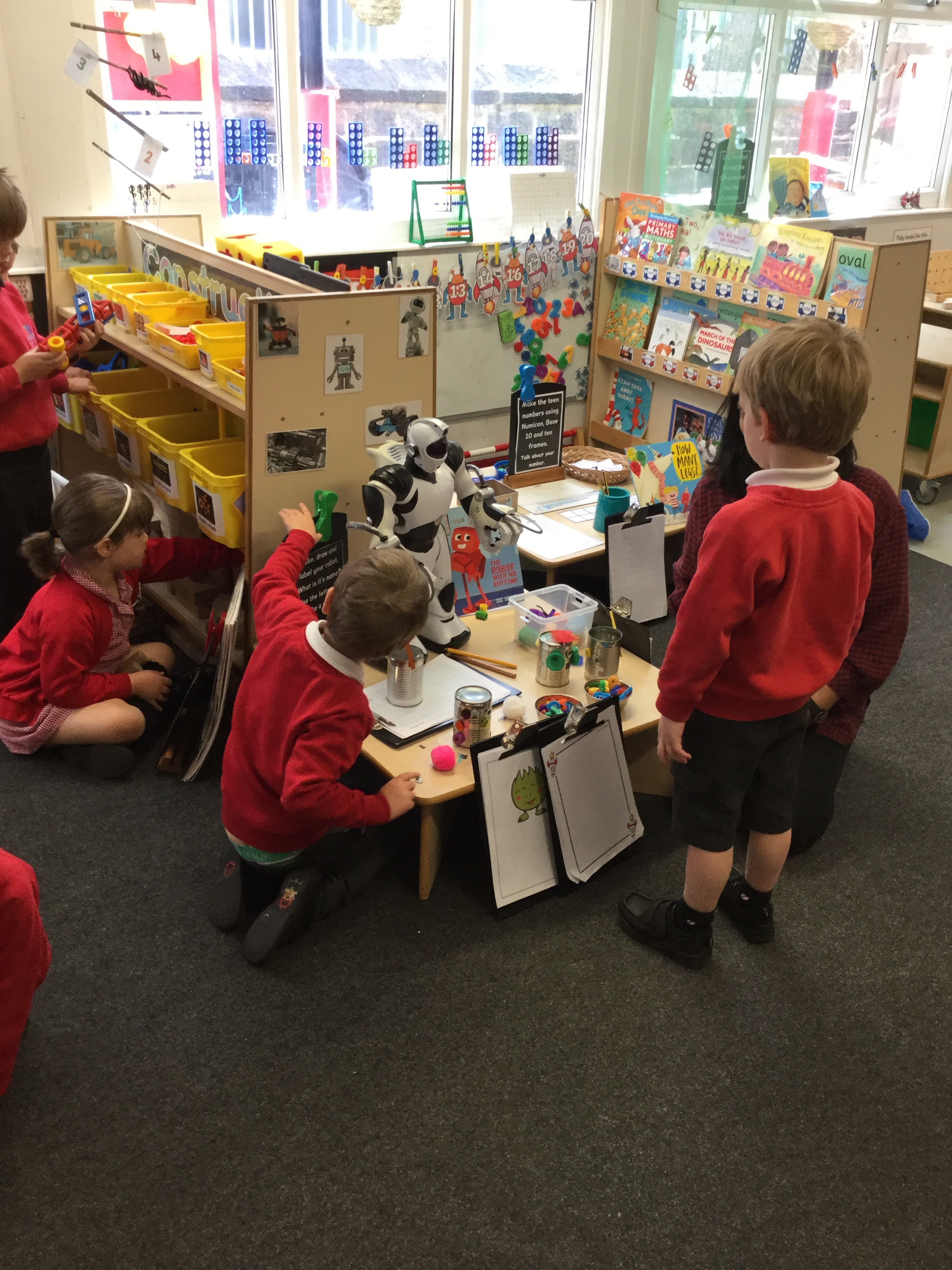
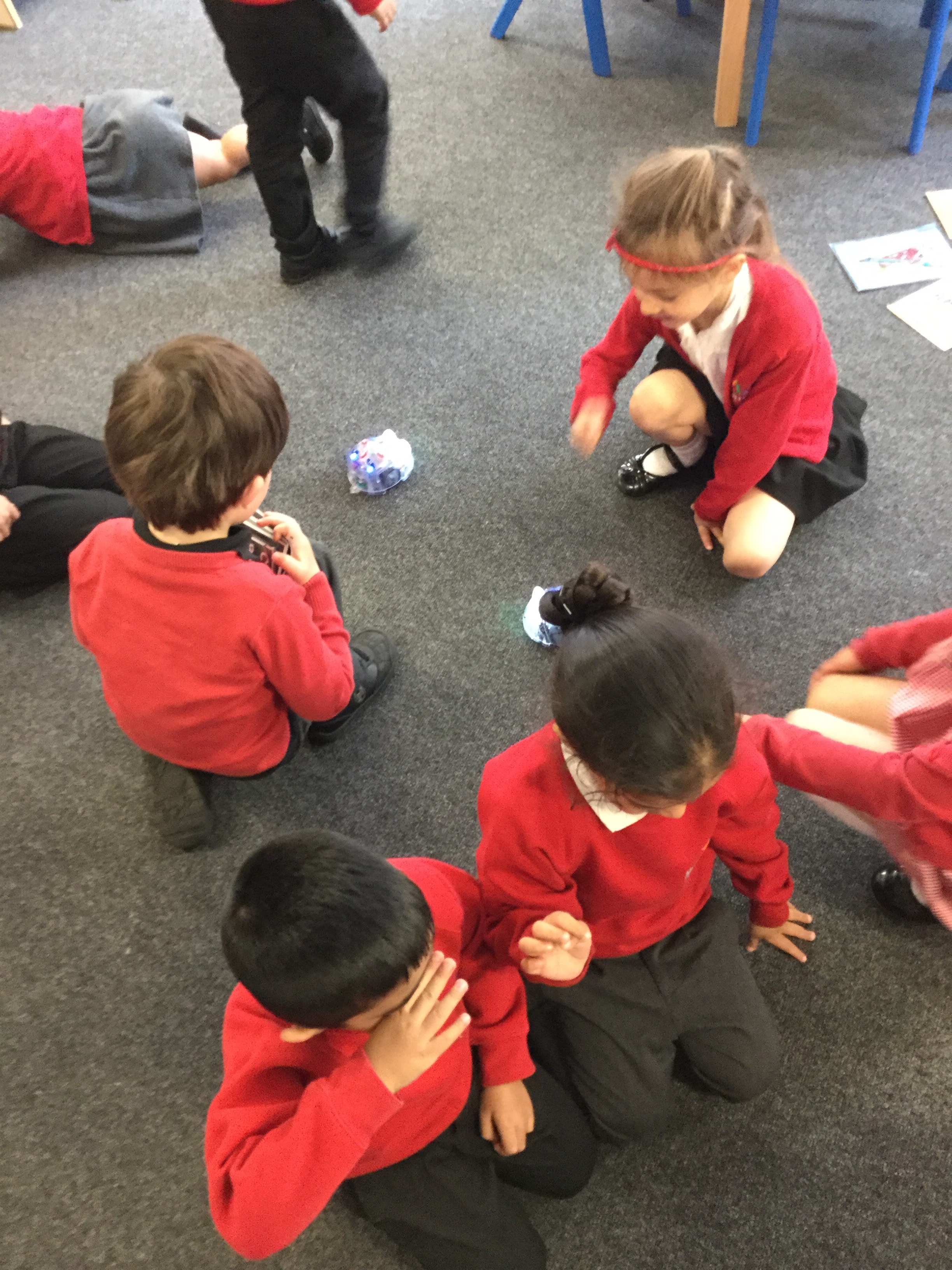
We identified machines around school. Can your child find some at home?
Ukulele
The children in Year 4 have a ukulele music lesson every week. They have been working hard to learn to play this stringed instrument. The tutor has taught the class all about the chords on a ukulele and some basic songs.
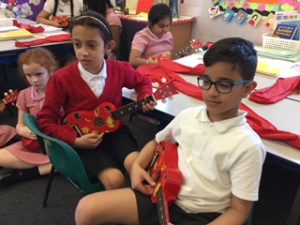
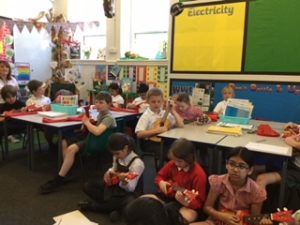
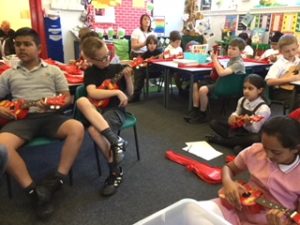
Reading, Sugar, Hugh and RIC
When reading First News on Tuesday, we came across an article about childhood obesity. The children were interested in this and we quickly put a halt to our reading to discuss this topic further. Having recently watched ‘Britain’s Fat Fight’, I shared some information about how much sugar there is in some of the things we drink (help at home by asking your child what they learnt about fruit juice vs Coke).
We were all fascinated and shocked in equal measure and decided we’d like to educate ourselves some more on this topic.
Today, as part of our reading session, we watched an extract from the programme and answered some questions in the style of a RIC (help at home by asking your child what R I C stands for). Stay tuned to find out more about our health-related sugar learning.
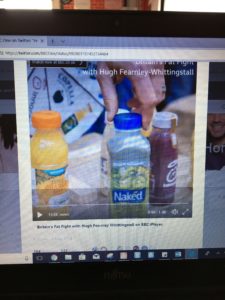
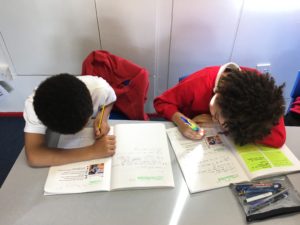
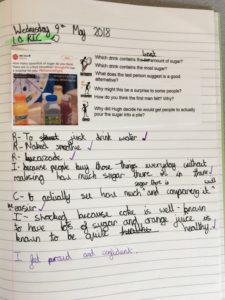
Big Pedal
Thank you to all pupils and families who took part in the Big Pedal initiative over the past two weeks by scooting or cycling to school. It’s great to see children continuing to make these active journeys to school to reduce congestion, increase physical activity and improve mental health. We’ll be awarding the Big Pedal prizes in our assembly on Friday.
Well done to Reception class who made the most journeys by bike and scooter, followed by Year 4 and Year 3.
We’ll also be getting involved with Walk to School week, 21-25 May. Watch out for a whole school homework all about our local area and routes to school.


